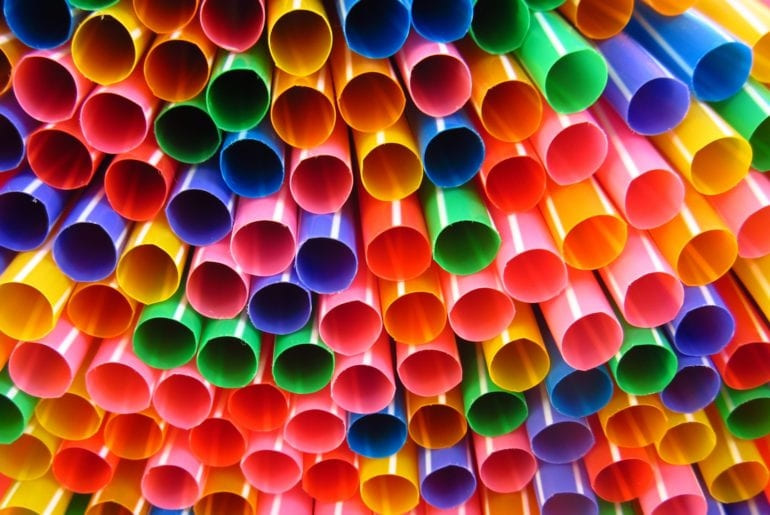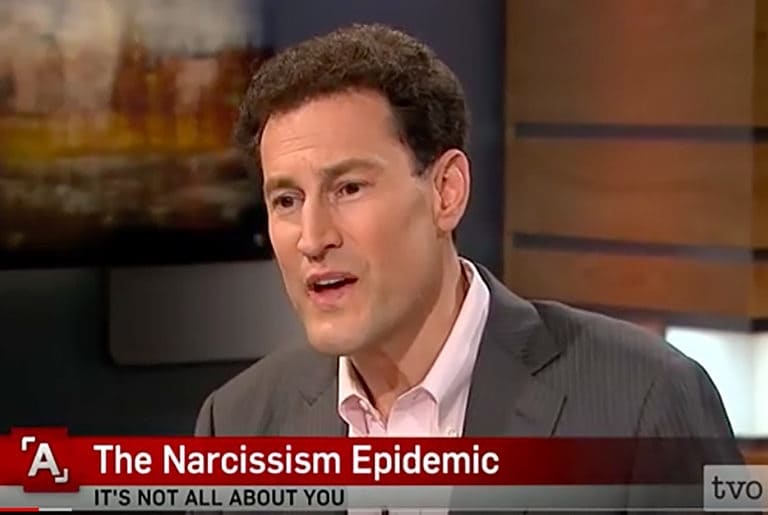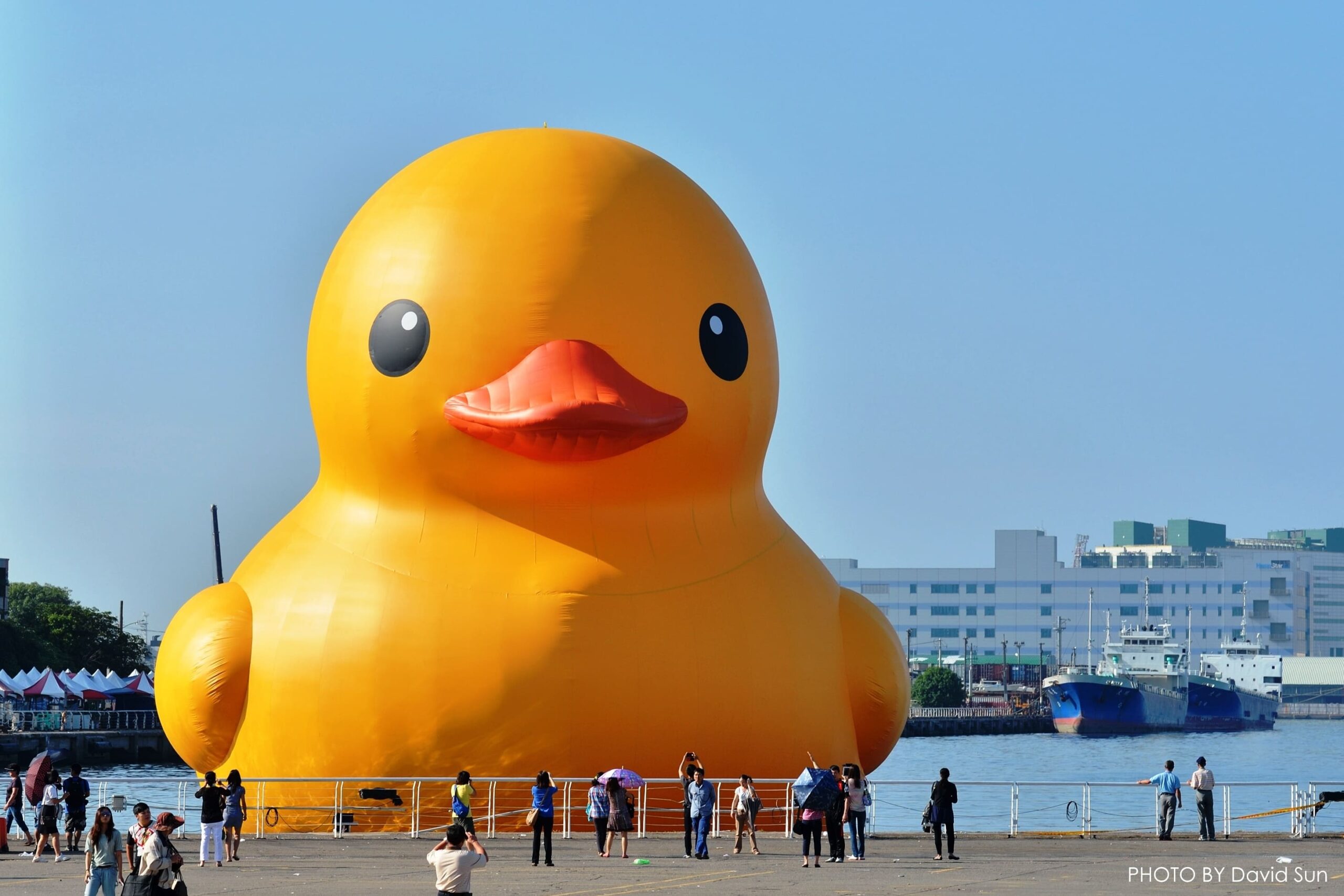
When I saw that haunting , viral YouTube video of the poor sea turtle with a plastic straw lodged in its nose, I shuddered.
When I witnessed a Good Samaritan prying the plastic out of the turtle’s nasal cavity, with a pliers no less, my brain and heart hurt.
I was ready to never touch another plastic product again and so it came as no real surprise to me when I saw the first headline touting the ban on plastic straws in America and around the globe.
Finally, the world was realizing just how much damage plastics were doing to marine life and to their communities.
And as the ban picked up steam and more companies and countries got on board, switching out their plastic straws for other variations such as paper, pasta and even metal, I realized quickly that the focus was on the wrong thing.
It was not about just the plastic straws. That could only be the first step of many to come, if the marine and agricultural life was to continue to thrive.
The real problem with plastic pollution is not just the use of plastic products, but the mindless way in which they are disposed of as well as other trash items and the harm that occurs as a result
While I am happy that this ban on the straws campaign has taken off, with so many seemingly understanding that their daily actions have far reaching consequences, I am left wondering if this will translate into a decisive progression into taking more responsibility for proper trash disposable strategies.
So while the ban on straws is an amazing start, the campaign must not stop there, rather more people will have to take responsibility for properly disposing of their trash, or risk further poisoning of the planet.
While plastics have had the most media headlines, due to it taking years upon years to break down and the immediate threat it poses to wild and marine life who are vulnerable to choking as they consume it or being entangled within it, other materials also pose a threat.
Trash items such as tires, steel rims and other man made products that are unceremoniously dumped into the oceans, unfortunately can end up in the stomachs of other fishes, sharks and whales.
The oceans are the life blood of the planet — not only do they provide the human population with employment, they also provide nourishment, secure borders and the oxygen needed to fuel all living creatures.
The increasing challenges of climate change, have given rise to more flooding of coastal communities and harsher hurricane seasons, along with less fishing opportunities as marine life seek out calmer waters. All of these things impact the daily lives of the world.
It is for that reason, that the ban on plastic straws is a great start and it is my hope that this amazing campaign is the first proper step towards a global consciousness more inclined to use less harmful materials in products and to dispose of them in a non toxic way.


